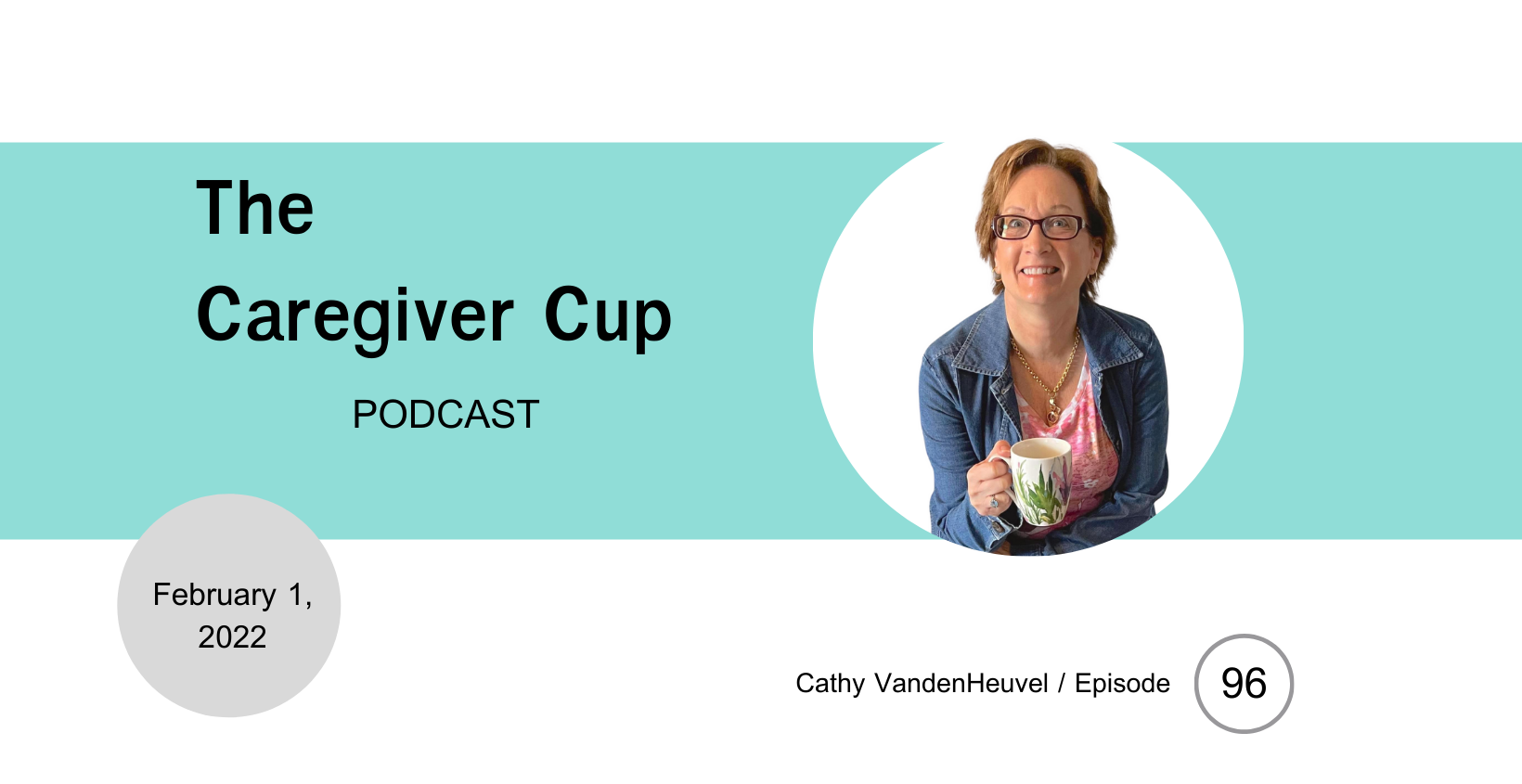
Episode 96:
Why Asking For Help As A Caregiver Is Hard?
Today I have an admission…..I feel uncomfortable asking for help. I usually don’t ask for help because of it. Yes, it’s my personal struggle and something I continue to work on. Even when I need the help. Even when I am overwhelmed and stressed.
Can you relate? Most caregivers avoid asking for help for numerous reasons. In today’s episode I want to unpack all the reasons (those whys) and I bet there are some that you are going to say - ah that’s me. I also want to talk through When you really need to NEED to ask for help and how important it is.
If I would ask you, why are you not asking for help, what would you tell me?
Some of the reasons why caregivers don't ask for help are: They don't know what kind of help to ask for. They don't want to bother anyone. They feel guilty if they don't do everything for the person in their care.
In some cases, a caregiver's reluctance to reach out for help could come from their sense of responsibility or duty to the person they are caring for. They may feel that if they reach out for help, they are slacking on their responsibility.
Others are:
- Protective Instincts
- Caregiver Guilt
- Fear of Strangers
Overcoming a tendency to prioritize a loved one’s needs over your own can be challenging. Ask yourself these questions to discover what’s preventing you from reaching out for help.
- Do you believe asking for help is selfish?
- Do you feel inadequate?
- Is it difficult to put your needs first?
- Could you be codependent
Saying yes to help when you are a caregiver is difficult. I’m not sure why, but it’s true. And most caregivers find it even harder to ask for help.
I learned that I could respond to the question, “What can I do to help?” with this statement: “Right now I am good but I am going to reserve the right to come back to you when there is something you can do to help”. Not one person told me “No” when I went back and asked for help.
Caregiving for a loved one is a selfless role that many step into out of love and obligation to someone that they are deeply devoted to. Any caregiving role is challenging in its own right. However, unique challenges come with caring for you loved one (ie elderly, disabled),
Here are the top three times when you should ask for help.
- Your own wellness is compromised
- Your “fuse” is getting very short (theirs too)
- You no longer feel like a wife, husband, daughter, or son
Becoming a caregiver often means finding a way to reframe your relationship. It’s confusing, conflicting and can leave the caregiver grieving their former life and former role within the relationship. In this process it is important that you learn how to wear different “hats” in order to maintain your sense of identity within the relationship.
There is no doubt, you want to give the very best to your loved one, that’s why you agreed to become their caregiver in the first place. So, don’t they deserve the best of you? Healthy, confident, and connected! Asking for help is not failing, needing help and not asking is the true failure. So, who do you ask?
My words of advice for you is to consider starting small and celebrating each steps
Replace your guilt and worry with gratitude.
- Journal
- Thank you's
- Mindset
You are caregiver and your role is to care for your loved one but also give care to you. You can’t be the best person and caregiver without taking care of yourself.

Join The Caregiver Cup Community
Are you a Caregiver? Join this private community for busy, ambitious women caring for their loved one while working and pursuing their passions and goals.. This group provides support, motivation, tips and much more.
Be Part of the Community Now!Be a podcast guest
Are you a caregiver interested in sharing your story, your challenges and ways you are figuring out your new normal? Click below and fill out a podcast guest application.
Yes, I want to be a podcast guest



